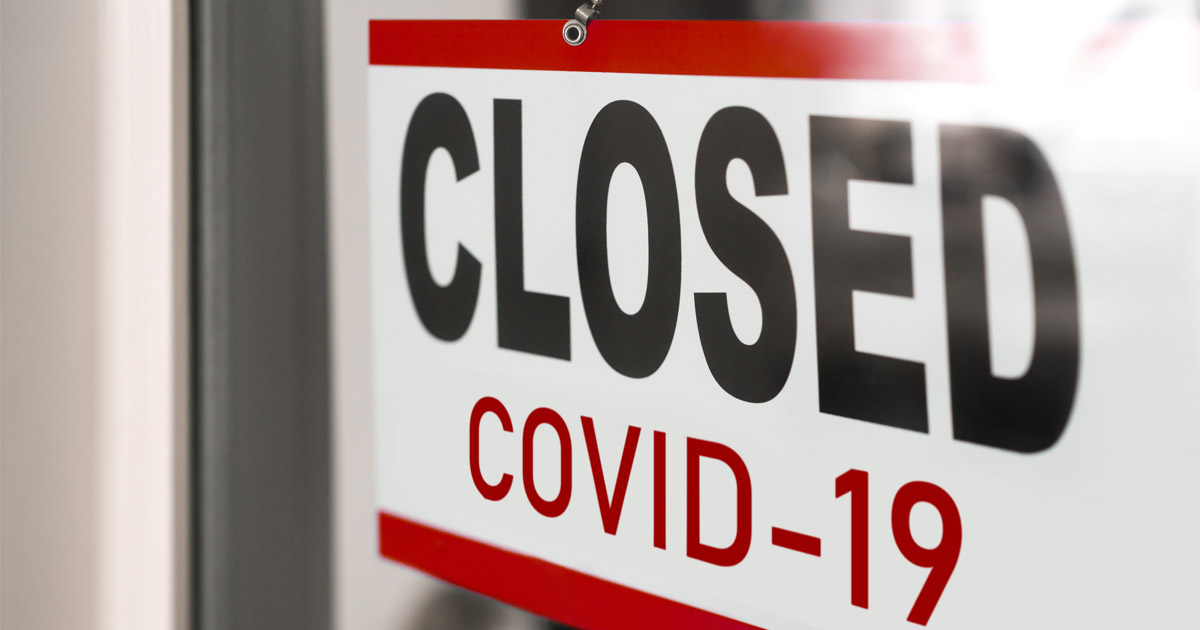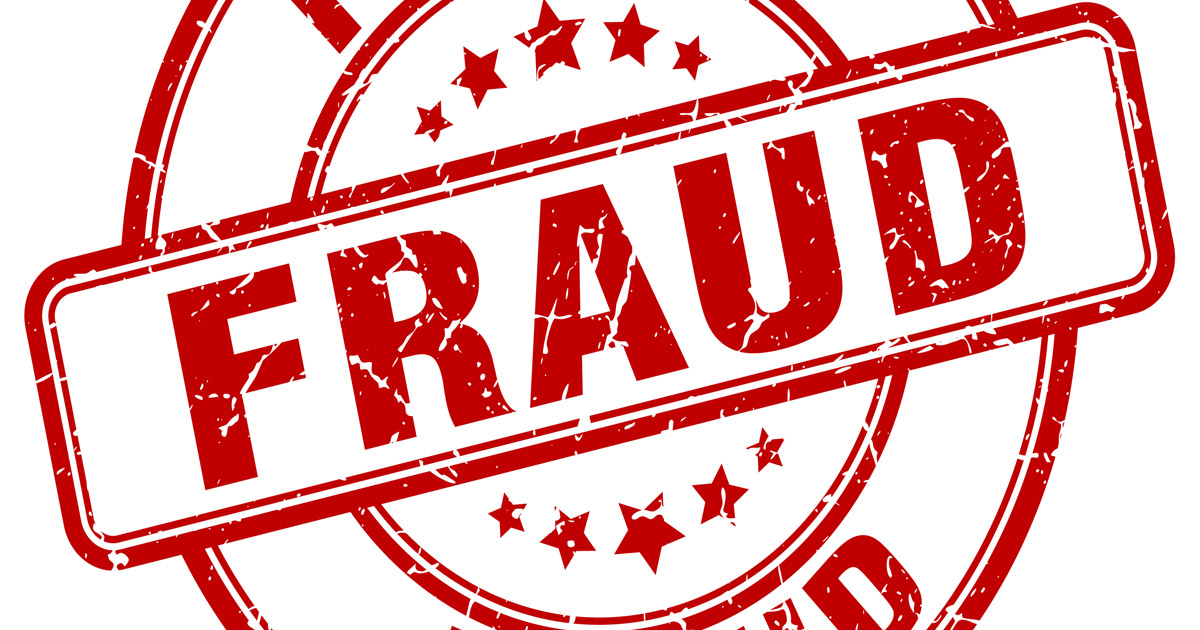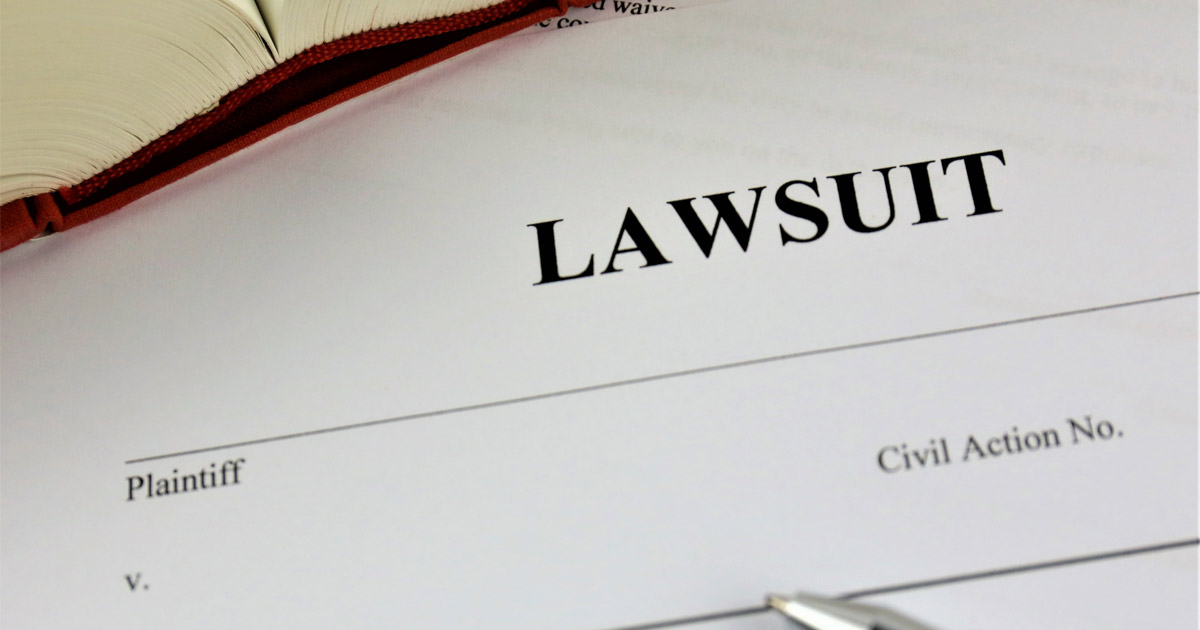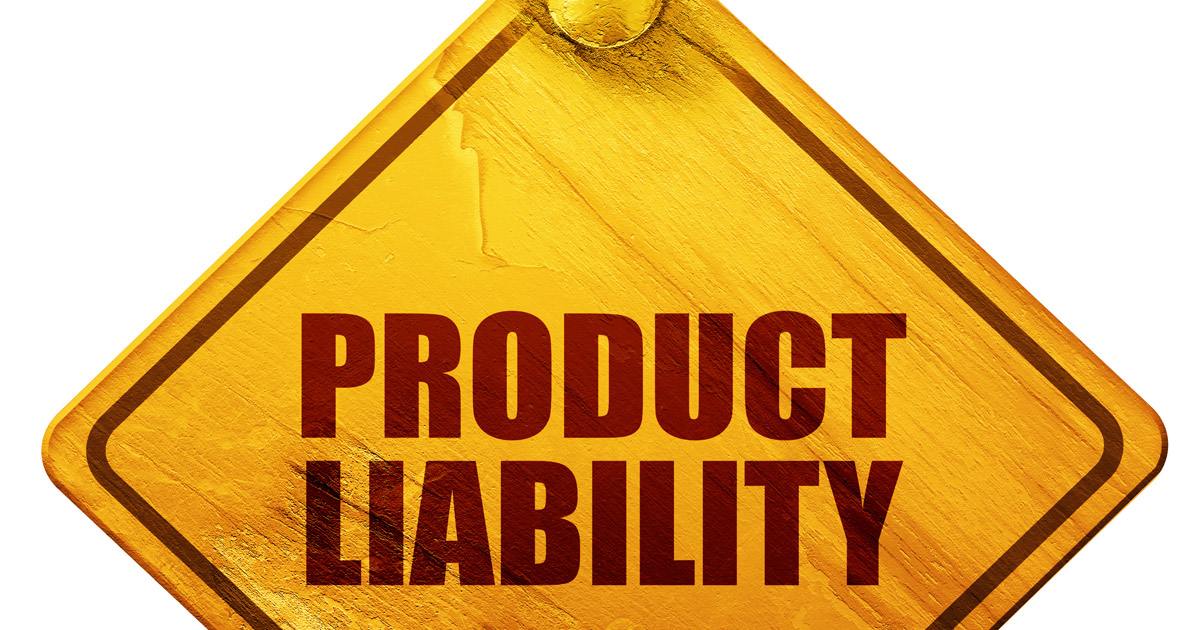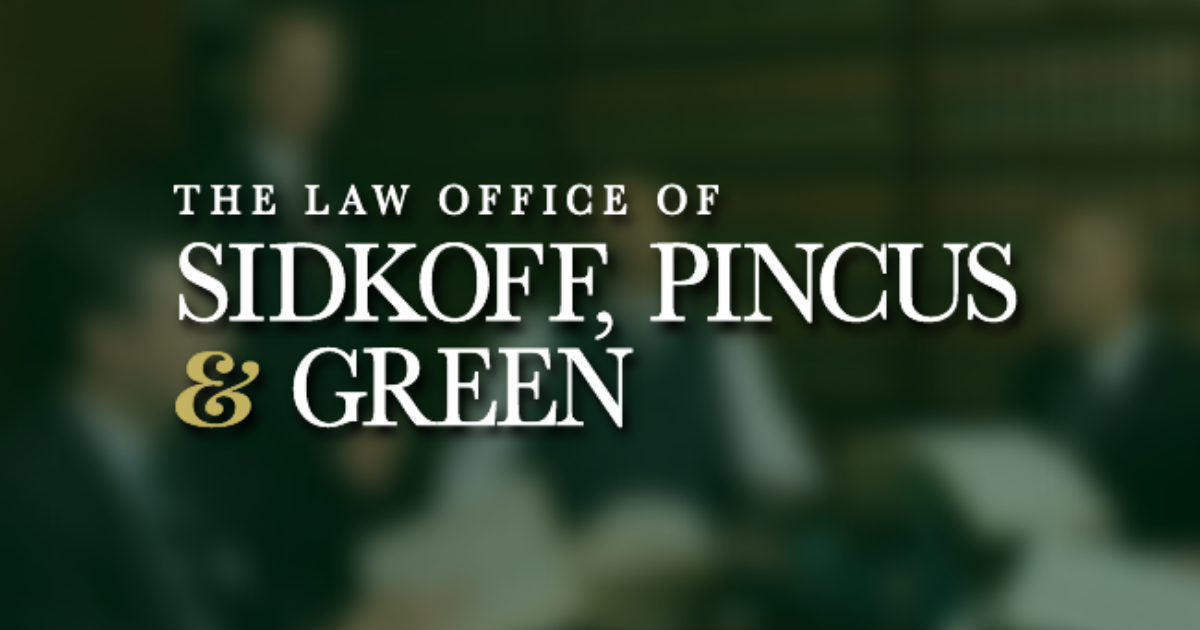How Can Employers Help Employees Embrace Company Culture Changes?

A distinct company culture is very important to the success of a business. Company cultures may change periodically to reflect new technologies and policies. Although necessary, this can be difficult for certain employees to embrace and accept, especially if they have been at the company for a long time.
Workplace culture is a broad term that encompasses a company’s physical environment to the mental and psychological space that company executives have created for their employees. It is the personality of a company that employees and clients embrace when walking into the office. Firm culture is important for a company to establish when expanding. A positive workplace culture will ultimately lead to a higher success rate for the company.
How to Handle Changes in Workplace Culture
Finding the perfect firm cultural balance may take time and is something that will continuously need improvement. Creating a workplace that can quickly and efficiently adapt to changes is important in making employees feel comfortable. The first step a company can take before, during, and after workplace change is to assess their current environment and develop a way to produce a more positive culture. To do this, company executives should put more priority on the hiring process to help weed out toxicity and hire positive people. Companies can also develop committees and programs to help maintain a positive work culture and help those who need it while transitioning to new workplace systems. The following are ways to help produce and maintain a positive work environment:
- Firmwide meetings: Include every employee in a monthly meeting where all team members can ask questions and address their concerns. Seek feedback and employee engagement whenever possible to show employees that they are valued, and their opinions are important.
- Anonymous complaints: Create a place where employees can address their problems anonymously if they do not feel comfortable speaking to their supervisors face-to-face.
- Lead by example: Introducing new technologies or protocols to a workplace may be confusing and intimidating to employees. Executives should lead by example and show employees that change is good and necessary for the success of the company.
- Diversity and inclusion committee: Create a committee that focuses on making a more equitable work environment.
- Maintain a sense of community: Managers should ensure that their employees feel welcomed and part of a team. They should remind employees that they are a main component to the success of the company and are a valued team member.
- Appropriate training: Managers should train their employees properly to prepare them for how their work culture is run and maintained. Training should also cover how change is enacted and handled to better prepare new employees for workplace adjustments.
- Create change from an employee’s perspective: It may be easy for a manager to produce changes that they feel are good for the work environment, but it is more productive to approach change from an employee’s point-of-view and listen to what they have to say.
What to Do If an Employee is Unhappy with the Firm Culture
Not every employee reacts to company change in the same way. If an employee is upset or requires a slower transitional period, discuss with them their concerns. Changing and adapting to new company culture protocol can take time but is necessary when getting employees to embrace a business. Companies should create a workplace culture where employees feel comfortable and valued at work. Establishing a culture where change is embraced and accepted is also important to the success of a company, as well as to the success of individual workers.
Philadelphia Business Lawyers at Sidkoff, Pincus & Green P.C. Make Company Changes Easier to Understand
The Philadelphia business and employment lawyers at Sidkoff, Pincus & Green P.C. range in experience with business and employment matters to help produce the best outcome for our clients. Call us today at 215-574-0600 or contact us online for help with your legal matter. Located in Philadelphia, we serve clients throughout Pennsylvania and New Jersey.














